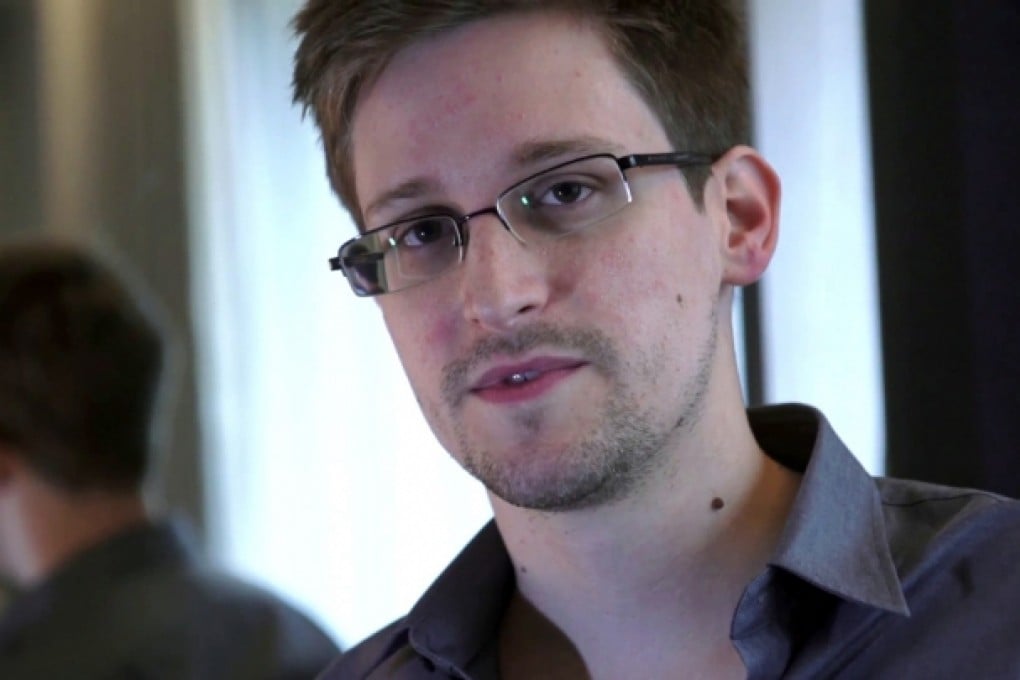Post-Snowden, a war looms on the internet, but Hong Kong can act to stop it
Amid doubt and distrust, HK can help the world avert a Cold War on the digital front

For a time, Hong Kong had been off the international radar. But last month we were catapulted into world headlines by the sudden appearance of Edward Snowden - a former CIA employee and whistle-blower who has been denounced as a traitor by the US government but who proclaims himself a true American with rights to conscience.
Snowden said Hong Kong and the mainland were targets of CIA cybersurveillance.
He chose Hong Kong to make his revelation because of our city's reputation for freedom of speech and governance by the rule of law.
Instantly, he became the flavour of the month. He even appeared to have united Hong Kong legislators across the political divide.
Yet as suddenly as he came, he left Hong Kong, having sown the seeds of suspicion and Orwellian fear everywhere.
Doubt and distrust tend to fester and feed on each other.